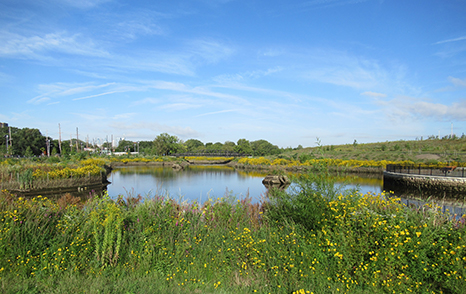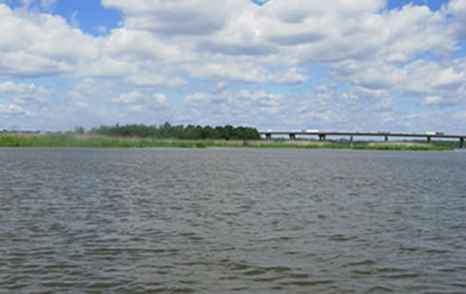
Environmental Justice at DEP
DEP is committed to providing environmental justice to New Jersey’s most vulnerable populations.
Learn about DEP programs in action on Environmental Justice.
Action on EJ
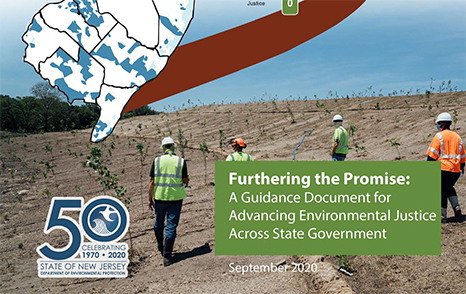
Furthering the Promise
A Guidance Document for Advancing Environmental Justice Across State Government directs executive branch departments and agencies to apply the principles of environmental justice to their operations, participate in the newly-formed Environmental Justice Inter-Agency Council and create assessments and action plans to improve the agencies’ effects on environmental justice communities.
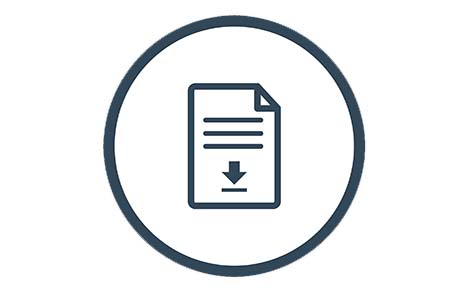
EJ Initial Assessment Report (Coming Soon)
DEP will release a report that assess how the department currently achieves environmental justice and what EJ gaps exist. The initial assessment report will give way for an action plan detailing next steps for EJ implementation.
Sign up to the EJ email list to receive notifications when these documents are published.
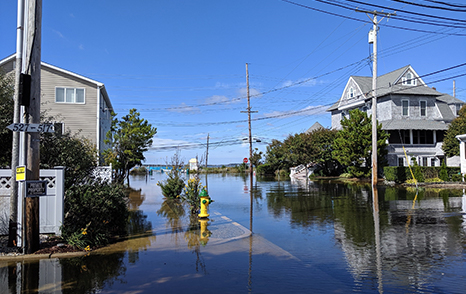
Climate Resilience for NJ
Executive Order No. 89 appointed a Chief Resilience Officer and established a Climate and Flood Resilience Program within DEP. It also establishes an Interagency Council on Climate Resilience to develop a Statewide Climate Change Resilience Strategy to promote long-term climate mitigation, adaptation and resilience in New Jersey.
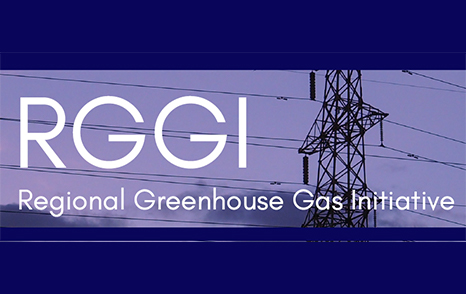
Regional Greenhouse Gas Initiative
The Regional Greenhouse Gas Initiative (RGGI) is part of Governor Murphy’s goal to achieve 100% clean energy by 2050. Shifting to clean and renewable energy sources reduces greenhouse gas emissions that are already causing climate impacts in New Jersey, particularly in economically disadvantaged communities.
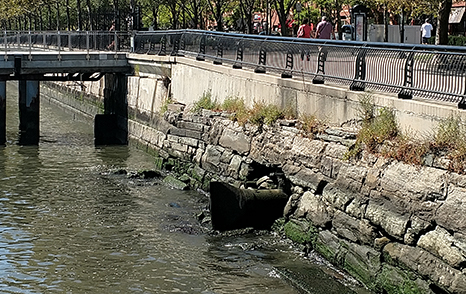
Combined Sewer Overflow Program
The Department is committed to working with Combined Sewer Overflow (CSO) permittees and CSO communities to reduce or eliminate CSOs. The individual CSO permits encourage collaboration on projects that will provide urban redevelopment opportunities, improve water quality, beautify neighborhoods, and improve the overall quality of life in our urban communities.
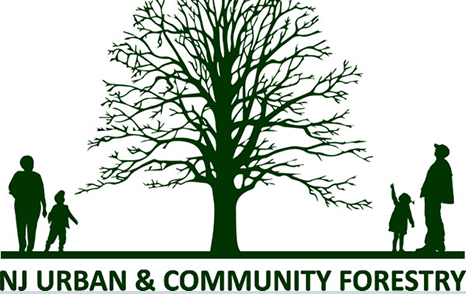
Urban & Community Forestry Program
Urban & Community Forestry programs ensure more livable communities through the care and management of trees. Neglect and urban stress limit the life span of the average downtown tree to only ten years. With proper care, trees live longer, look better, and increase in value as they age.
